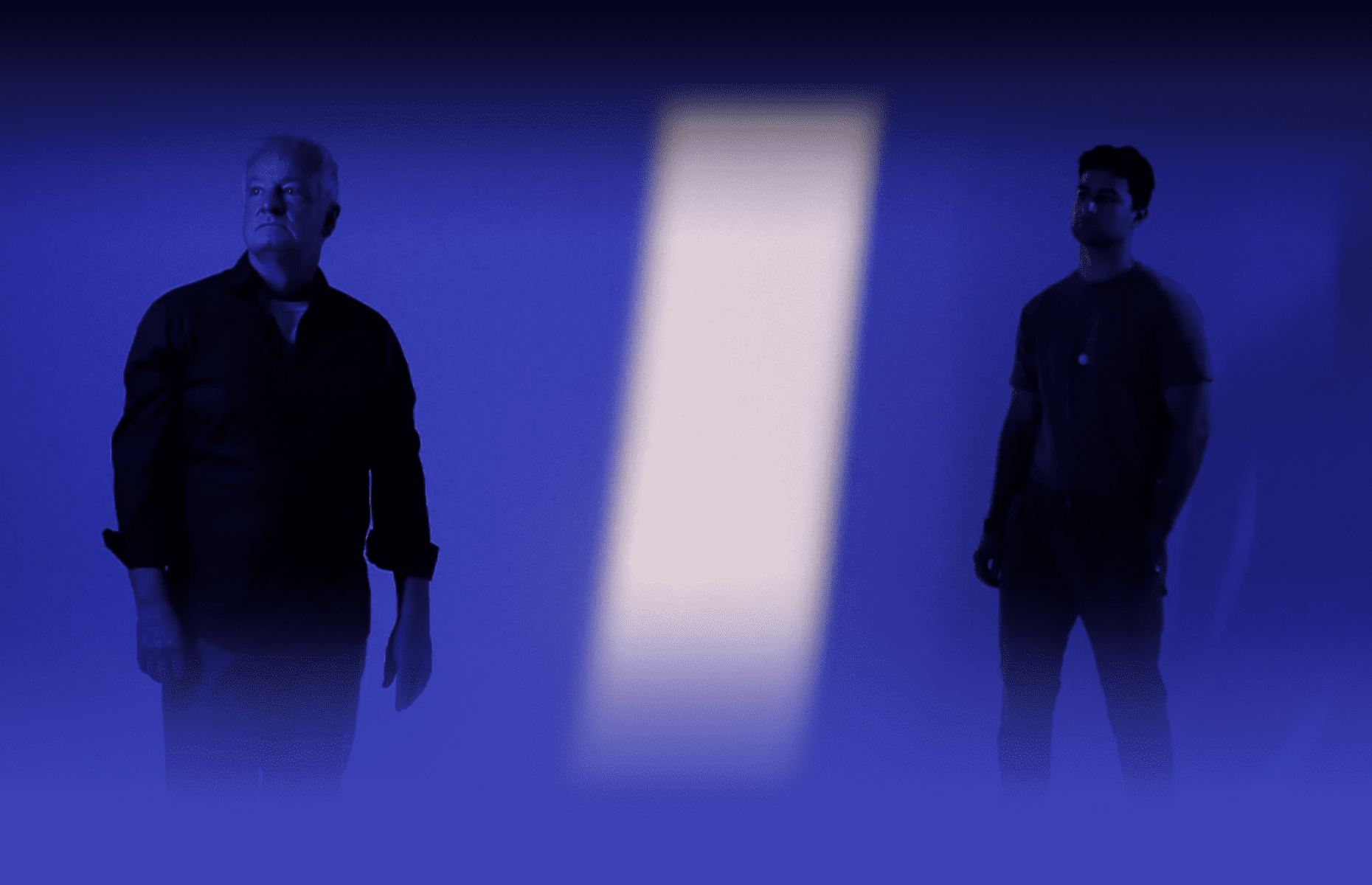It’s a well-known trope: queers and death. The two go hand in hand so often that this representation of unhappiness becomes synonymous with queer characters. If we look at notable queer films – Brokeback Mountain, Portrait of a Lady on Fire, Carol, Tangerine, there seems to be a common line. No matter the film, play, tv show or piece of media, when a gay character is introduced it seems to be the beginning of a ticking clock.
How long until the trauma?
Right now, regarding queer representation, we’re seeing general changes to this. We’re seeing a move towards stories free from shame and the binaries of unhappiness that were present in a Hays Code era. More than that, we’re moving beyond the late ‘90s and early ‘00s form of representation – I’m talking the Will and Grace treatment, where queer people are used as flamboyant comedic relief or are heterosexualised to a point where their queerness is hidden behind the occasional comment; a storytelling trope that we’re not free from yet (cough, cough Love, Simon).
This is not to say that current queer story telling is free from tragedy or shame, but what we are seeing now is a general trend towards empowering queer people to tell our own stories. While there’s evidently still much work to do in mainstream media, we’re seeing the beginnings of authentic stories which explore queer people’s experiences through their own lens. Shame represented in this way becomes empowering. It’s personalised and based in the truth of a queerphobic society. Even when it’s not forefronted in shows like Schitt’s Creek (notable for its resistance to traditional trauma narratives) it’s still alluded to, hanging on the peripheries of characterisation.
As a queer storyteller there is a sense of responsibility in the stories that you tell; Not just in their themes and content or the way they’re told, but also in the way that they sit in this tradition. In this way, the HIV narratives which dominate a large portion of queer male work are vitally important. At their best, they are not exploitative but rather act as an honouring of our collective history and tribulations. To pretend that these stories did not happen would be a disservice. Opposingly, stories free from shame and trauma present a sense of optimism for the future — we are liberated through imagining a world of safety and liberation. Arguably, queer media, at its ‘truest’ or most authentic is inherently self-reflexive. More than that, it’s defining a world that we want to live in. Herein lies the (often self-imposed) responsibility.
Tell Me Before The Sun Explodes is a new queer theatre work exploring this idea of death and gay men through an intergenerational relationship. It’s simultaneously a reckoning and a love letter to the queer stories that have come before, asking how we can move beyond what already came and beyond the impact that death has on queer individuals. It asks – living in the wake of the worst of the HIV epidemic in Australia – how do queers view death and the impact of it is. How does it shape our relationships, our world-views and our person? In co-opting the bury your gays tropes, it takes something that happened to queer people in media for so long, and reframes it within the queer lens to move beyond the grandness of a trauma narrative, and instead focus on the human element.
We’re seeing massive shifts in the responsibility that storytellers acknowledge they hold when telling queer narratives — as we move forwards, I believe there needs to be a sense of looking back. We need to understand where we’ve come from, the way that this has intrinsically shaped us; only then can we move forwards.
–
Tell Me Before The Sun Explodes, written by Jacob Parker, is playing at Kings Cross Theatre from the 4th – 14th of May. Tickets are available at bit.ly/SunExplodes.





